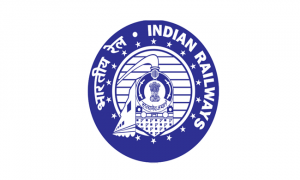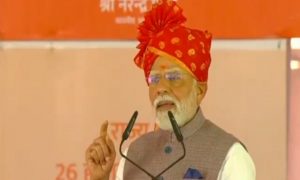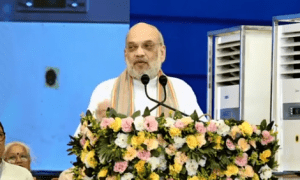To avoid unnecessary litigation, the income-tax department has issued instructions to ensure that taxpayer grievances about the adjustment of tax dues against pending refunds are resolved quickly.
The tax department has informed its top officials, including all principal chief commissioners that it has discovered instances of incorrect adjustment of outstanding tax demands against tax refunds owed to assesses. According to the department, this is due to incorrectly classifying tax demands as “correct and collectible” or failing to receive feedback from tax officers on grievances filed by assesses.
Instructions by the tax department
After notifying the assesses, the tax authority may adjust the refund due against an outstanding demand under the law. The taxpayer will be notified, and the assessing officer will be informed, by the department’s Centralized Processing Centre (CPC) in Bengaluru. The Officers, who had 30 days to correct or confirm the tax demand, will now have 15 days to respond to the taxpayer.
The instruction also stated that the Central Board of Direct Taxes (CBDT) had been informed that, while assessing officers are required to respond within 30 days, in many cases, the response is not provided on time, resulting in delays in the issuance of refunds.
According to the instruction, assessing officers will now have only 21 days to respond to taxpayers’ representations, down from 30 days previously, and if the officer does not make a decision on the issue, refunds will be issued by the tax authority’s centralized processing unit. Furthermore, CPC will not hold refunds for more than 21 days and will release them to taxpayers as soon as possible.
The instruction stated that assessing officers will be held accountable for failing to respond or responding late. The tax department also cited improved information technology capabilities and online communication facilities between taxpayers, officials, and the CPC as justification for a change in the instruction.




























 WhatsApp us
WhatsApp us